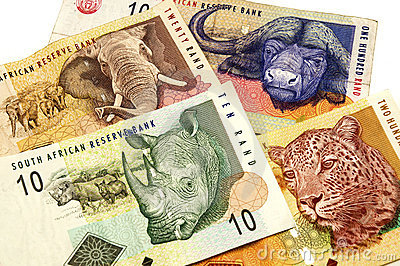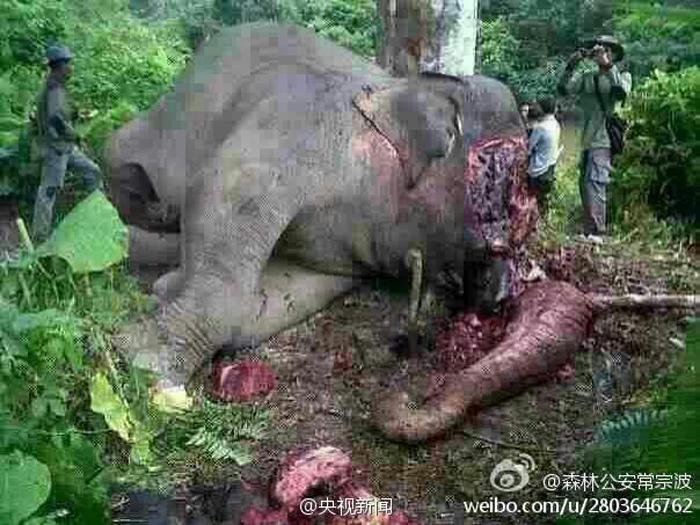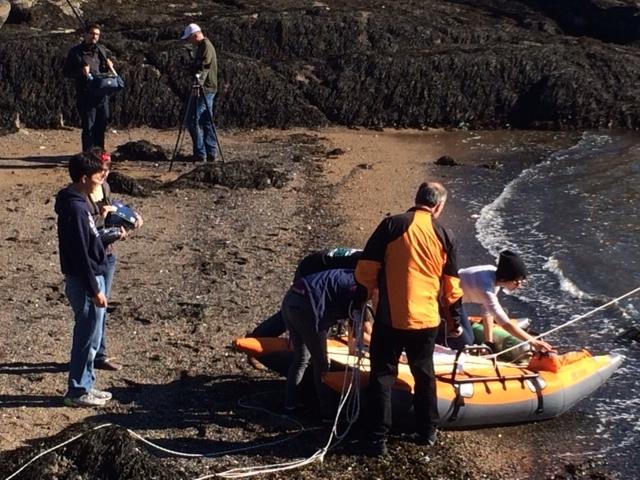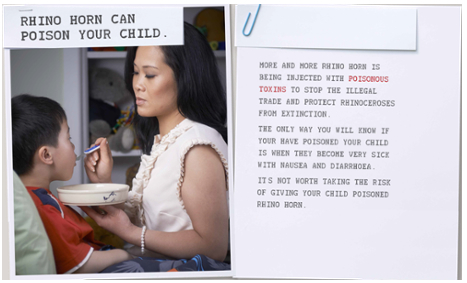Last week, the New York Times editorial department published this short film, ‘Gorillas in the Crossfire’ about efforts to save orphaned mountain gorillas in Virunga National Park in the Democratic Republic of the Congo. This film, by Olando von Einsiedel, accompanies a feature-length film called Virunga, also by von Einsiedel, which has… read more
Waste Management transforms Corporate Social Responsibility in Austin
Waste Management, a garbage hauling company in the Texas capital area, committed to turning one of its dumpsites into a Wildlife Habitat Park. The 30-acre park includes a two-mile walk path, wildflower meadows, and circles a pond. The area, now able to be a viable, Texas ecosystem, is being used… read more
Sport Hunting Revenue
By one estimate, African sport hunting generates approximately $200 million annually. While sport hunting revenue is a small portion of African countries’ GDPs, it can have a big impact on wildlife conservation and the populations of certain species. This revenue stream is sufficient enough to positively impact conservation and in… read more
The role of “other” multilateral organizations
Aside from the Convention on International Trade in Endangered Species of Wildlife Fauna and Flora (CITES), prominent multilateral organizations are working to combat wildlife trafficking. These organizations include the United Nations, the World Bank, the World Customs Organization, and INTERPOL. Together with CITES, these five organizations established the International Consortium… read more
China Protecting (Chinese) Elephants
Chinese ivory demand is as large as it is famous. China has been accused of driving the dramatic increases in elephant poaching in Africa, with more than 30,000 elephants killed per year for their ivory. A less known fact is that China itself is home to over 250 wild elephants,… read more
A new utilitarianism: Killing a few to save the many?
In direct contrast to my last blog post condemning sport hunting practices (even if the intentions were good), I’d like to present a different view. Although many researchers conclude that sport hunting has a negative impact on wildlife populations, there are still arguments that hunting is the best way to… read more
Students Explore Science and Learn What a Whale’s Snot tells about the Environment
After school in Gloucester, Mass., has become geeky cool. Instead of roaming the streets or playing video games, kids who participate in the Applied Robotics Laboratory at Ocean Alliance are learning how to fly drones and analyze whale snot to learn about the environment. Ocean Alliance, a Gloucester-based charity focusing… read more
Wildlife Crime and the Rule of Law
Though often seen as an environmental issue because of its degradation of species populations, wildlife crimes such as poaching and trafficking have ramifications beyond immediate threats to biodiversity or environmental health. Wildlife trafficking also threatens national security and can undermine the rule of law. Though the concept of “the rule… read more
Changes in the European Wildlife Trade Framework
The European Union (EU) has a well-regulated market for wildlife hunting trophies and live wildlife trade, but there are some loopholes that allow increased wildlife trafficking to enter the EU. Therefore, the EU is reviewing its regulation to combat trafficking. This reform process might influence the global status quo on… read more
Two Truths and a Lie: Campaigns to Reduce Rhino Horn Demand in Vietnam
Great news coming out of Vietnam: rhino horn demand is down more than 33% in just one year. A poll conducted by Neilsen for the Humane Society International (HSI) and the Vietnam Convention on International Trade in Endangered Species of Wild Fauna and Flora (Cites) found that only 2.6% of… read more







